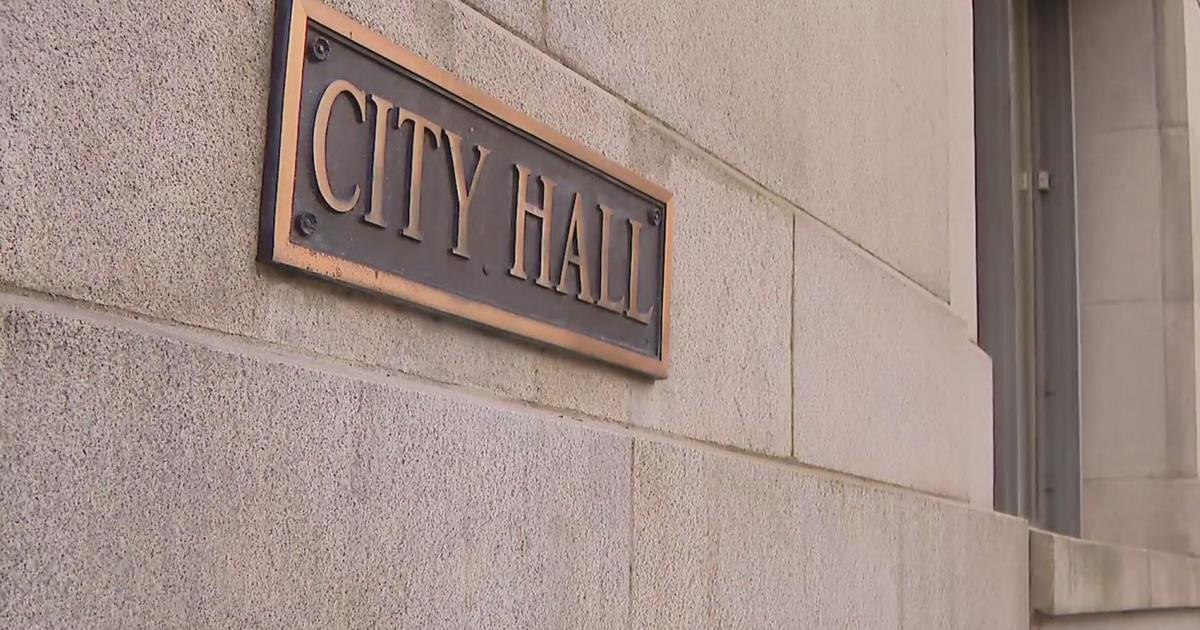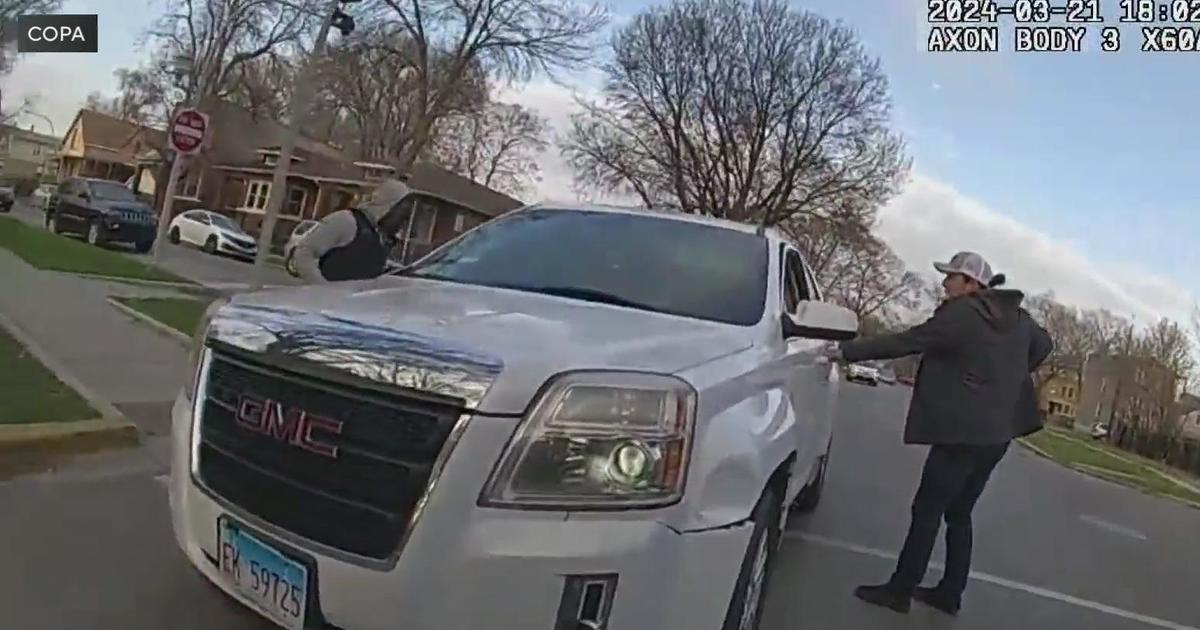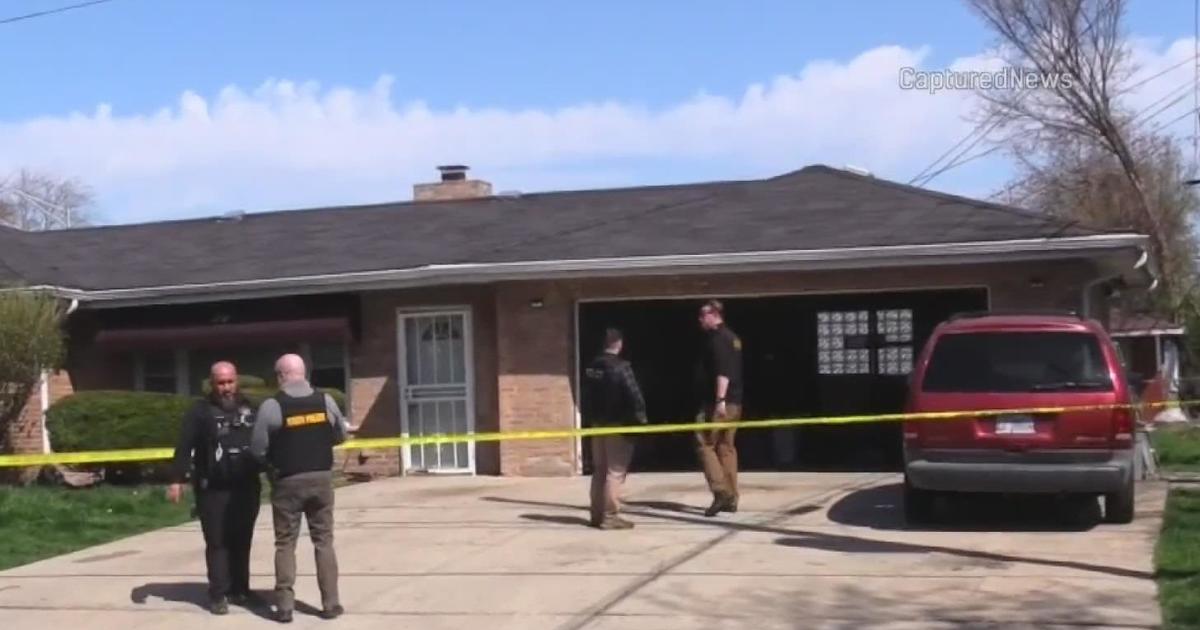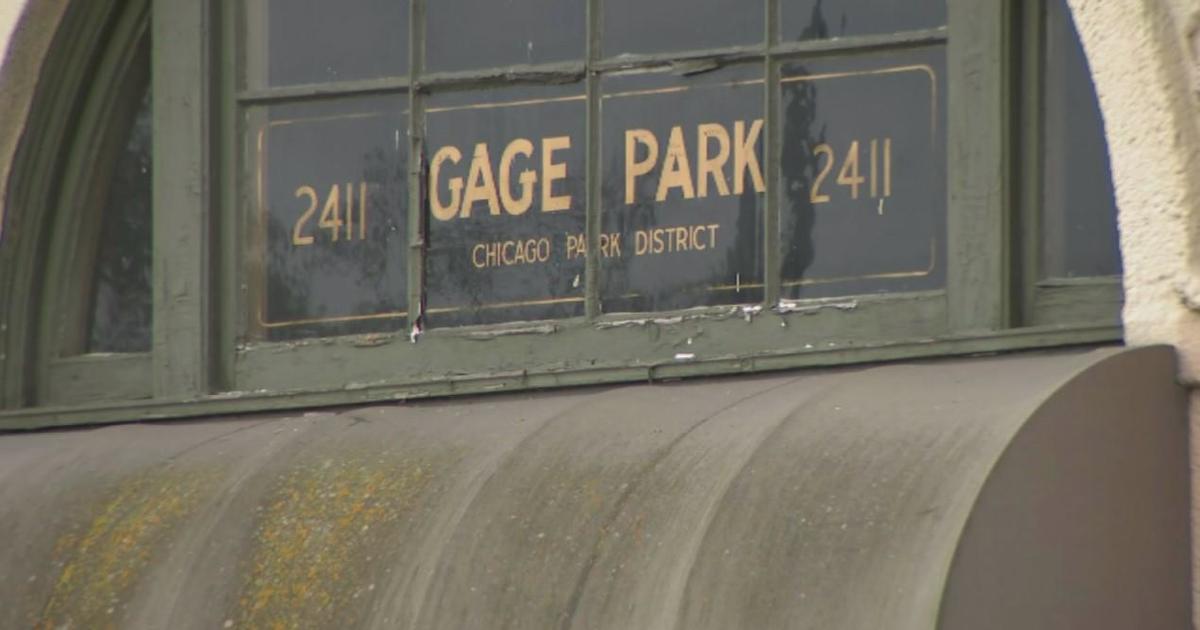Deal Reached To Create Database Of Chicago Police Officer Misconduct; Watchdog Calls Compromise 'A Significantly Smaller Step' Than Original Plan
CHICAGO (CBS) -- After court battles and calls for transparency, Mayor Lori Lightfoot and aldermen have reached a deal to create a new public database of Chicago police officer misconduct files, but the city's top watchdog criticized the compromise as "a significantly smaller step" than the original plan.
The database agreed to by the mayor and aldermen would include both sustained and dismissed misconduct complaints, dating back to the year 2000.
Originally, the ordinance proposed by Finance Committee chairman Ald. Scott Waguespack (32nd) and Public Safety Committee chairman Chris Taliaferro (29th) would have required the database include all closed misconduct files dating back to 1994, but the aldermen agreed to a compromise.
"This database is long overdue, and I thank Mayor Lightfoot and Chairman Taliaferro for their leadership and support on this important issue," Waguespack said in a statement Wednesday morning. "Shining a light on police misconduct and the consequences is always the right decision. This ordinance aims to build upon the accountability and transparency that Chicago deserves."
However, Inspector General Joseph Ferguson, who would be tasked with creating and maintaining the database, said the compromise reached by the mayor and aldermen "is a significantly smaller step, in scope and scale" than the original plan, not only because it does not reach as far back, but does not include as many types of misconduct files as the original plan.
"The road to reform is a very long one; we need to be leaping by miles, not leaning by inches," Ferguson said in a statement
Lightfoot opposed the original plan, arguing it would cost tens of millions of dollars, but Ferguson's office told aldermen it would cost around $709,000 in 2022, and about $2 million over five years.
Clearly frustrated at pushback on the plan for a police misconduct database during a meeting in April, Ferguson told aldermen the database would be a vital tool in helping rebuild public trust in the Chicago Police Department and its officers, after the city has already spent tens of millions of dollars in recent years to settle police misconduct lawsuits.
"The cost of not doing this is twofold, threefold; judgments that stretch back as far as the eye can see, and will continue into the future as far as the eye can see. The expenditure of resources for FOIA infrastructure from a system that's rooted in non-unification of record systems, and the need to repeat things over and again, and the horrific bleed-out of the reputation of the city of Chicago, and whether or not it cares to actually reform, as it is legally obligated by a consent decree," Ferguson said. "We're out of runway. We are out of runway with respect to the public's patience and beliefs that we care to reform. Transparency is about the only thing we have available to us. The costs here are incalculable and enormous."
Supporters have said the aim of the database is to make it easier for the public to search old records instead of filing a Freedom of Information request, which can be a lengthy and complicated process.
Originally, the ordinance would have required the inspector general's office to include the entire case file of all closed misconduct complaints, but the compromise aldermen have agreed to would include summary reports, including the complaint number, complainant or notification type and category, names of the accused officers, the name of the investigating agency, and the final disposition of the case.
Ferguson's office said the changes to the original ordinance "have the effect of fundamentally altering the scope and scale of the public resource which would result from its enactment, and profoundly limit its transparency value."
Specifically, the inspector general's office said the new ordinance would limit disciplinary cases included in the database would not include cases "in which accused police officers were exonerated, any cases which were mediated, any cases which were closed—properly or otherwise—without reaching a finding, or any officer-involved shootings for which no one was subject to administrative discipline."
The revised ordinance also would prohibit the database from including reports on any disciplinary cases involving "incidents of domestic abuse, child abuse or substance abuse."
Ferguson's office also said the new ordinance would not include cases investigated by the Independent Review Authority and the Office of Professional Standards, the predecessor agencies to the Civilian Office of Police Accountability (COPA), the office currently tasked with investigating police shootings and claims of police misconduct. Instead, he argued the database would be limited to reports from COPA and the Chicago Police Department's internal affairs bureau.
"We need to meet contemporary standards of transparency as defined by the courts and expected by society, not fall back to the secrecy objectives of a dark past whose legacy echoes today, to the detriment of trust and legitimacy in the Chicago Police Department and the government of the City of Chicago. The City owes a transparency debt, and where we have an opportunity to make a transformational down payment, we should not be offering up incremental pocket change," Deputy Inspector General for Public Safety Deborah Witzburg said in a statement.
Still, Lightfoot hailed the database deal as an important step "in order to mend the wounded relationship between the Chicago Police Department and the communities they serve."
"It is critically important that we double-down on our efforts to root the value of transparency within the department," Lightfoot said in a statement Wednesday morning. "This historic piece of legislation will help to do just that and give the public an important opportunity to see how far we've come and weigh in on what we still must do to bring about full police accountability. I want to thank Chairman Waguespack and Chairman Taliaferro for partnering with me on this ordinance and putting our city that much closer to achieving true police reform."
The push for a public CPD misconduct database stems from the city's effort to settle a lawsuit filed by Charles Green, who was convicted in a 1985 quadruple homicide, but claims he was wrongfully convicted.
Green sued the city after it failed to respond to his FOIA request for decades of police misconduct records in order to prove his innocence. On March 31, an appeals court backed city attorneys and ruled the city didn't have to hand over records from before 2011. Green's attorney has said he's looking at two options: restarting the litigation, or taking the case to the Illinois Supreme Court. He said he's not going away.
Green's case might be in limbo, but it sparked the push for a public CPD misconduct database. Last July, the city offered him $500,000 to drop his lawsuit, which would have kept those misconduct records sealed permanently. Green was ready to accept the money, but many aldermen argued that would quash transparency and pushed to find a way to release those records anyway.
The compromise ordinance aldermen will now vote on next week wouldn't provide as many misconduct files as Green was seeking, and the city has pulled its offer of a $500,000 settlement.
The Public Safety Committee and Finance Committee are scheduled to vote on the ordinance during a joint meeting on Monday, followed by a full City Council vote next Wednesday.



